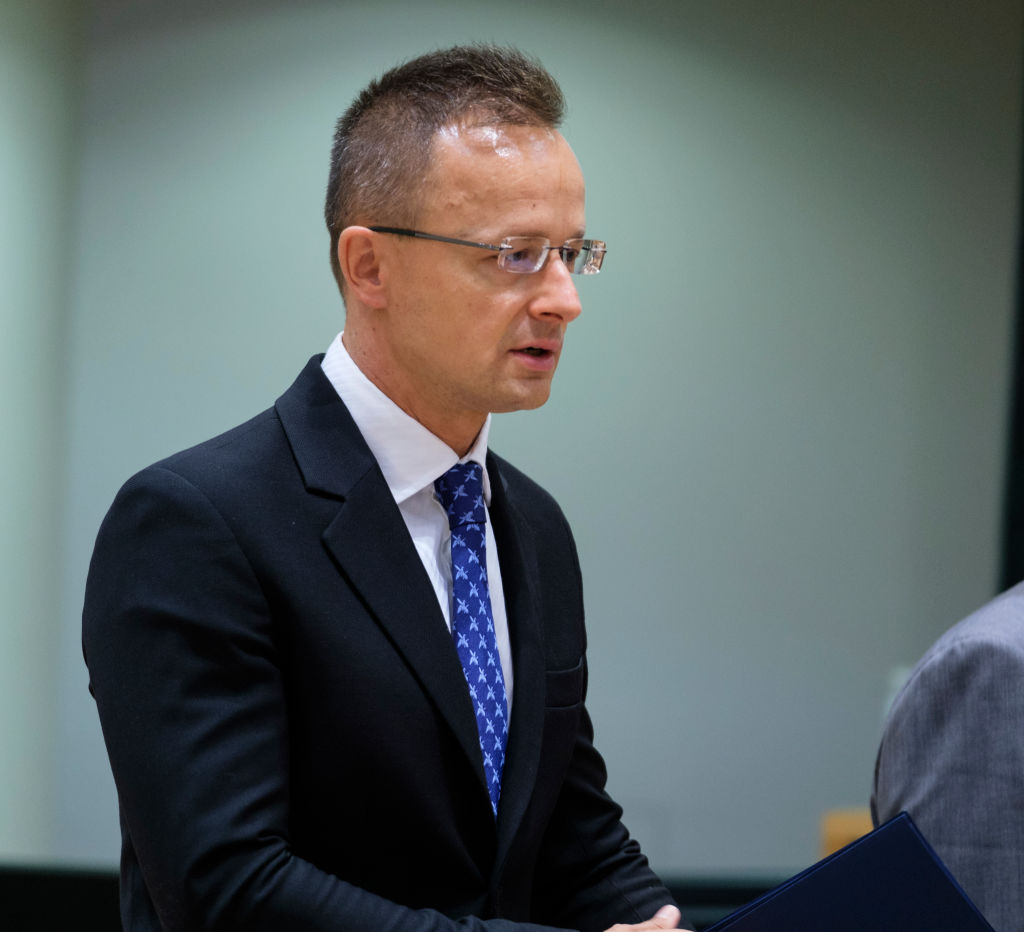
Hungary’s top diplomat flew to Moscow for talks on energy, a rare visit by a European Union country that underscores Budapest’s schism with the rest of the bloc over Russia’s invasion of Ukraine.
Foreign Minister Peter Szijjarto’s meetings with two energy officials are part of Hungarian Prime Minister Viktor Orban’s effort to maintain his country’s dependence on Russian oil, gas and nuclear supplies even as EU partners move to break free.
After visiting Belarus in February in another rare trip to a Moscow ally under western sanctions, Szijjarto met Russian Deputy Prime Minister for Energy Alexander Novak and Alexey Likhachev, the chief executive officer of state nuclear company Rosatom Corp.
Novak and Likhachev are both under sanctions from Ukraine and some of its allies, although not by the EU. Orban has criticized EU sanctions against Russia, saying they don’t work, despite economic data showing they have at least dented the ability of President Vladimir Putin’s government to build weapons and intensify his war in Ukraine.
Novak is crucial to Hungary’s continued efforts to import gas and oil from Russia after Orban clinched an exemption from an EU ban on most crude imports by threatening to block it.
Rosatom is overseeing the expansion of Hungary’s Paks nuclear power plant, a deal that has drawn criticism for giving Putin influence over an EU country’s energy supply.
More Must-Reads from TIME
- Cybersecurity Experts Are Sounding the Alarm on DOGE
- Meet the 2025 Women of the Year
- The Harsh Truth About Disability Inclusion
- Why Do More Young Adults Have Cancer?
- Colman Domingo Leads With Radical Love
- How to Get Better at Doing Things Alone
- Michelle Zauner Stares Down the Darkness
Contact us at letters@time.com